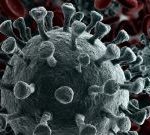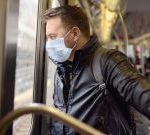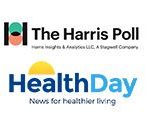
As most of America prepares for the Nov. 1 return of standard time, 63% want one fixed, year-round time, a new survey finds. “Evidence of the negative impacts of seasonal time changes continue to accumulate, and there is real momentum behind the push to end seasonal time changes,” said Dr. Kannan Ramar, president of the American Academy of Sleep Medicine (AASM), which favors a fixed, nationwide time. A recent position statement from AASM said public health and safety would benefit if seasonal time changes were eliminated. It called for permanent use of standard time, which it said more closely aligns with the daily rhythms of the body’s internal clock. More than 20 organizations have endorsed the statement. They include the National Safety Council, the National Parent Teacher Association and the World Sleep Society. AASM noted that time changes increase the risk of stroke, hospital admissions and sleep loss, and also add to inflammation, one of the body’s responses to stress. Researchers recently reported an 18% increase in adverse medical events due to human error in the week after switching to daylight saving time in the spring. “Permanent, year-round standard time is the best choice to most closely match our circadian sleep-wake cycle,” said Dr. M. Adeel Rishi, a specialist in sleep medicine at the Mayo Clinic in Eau Claire, Wisc. “Daylight saving time results in… read on >
























-300x200.jpg)













